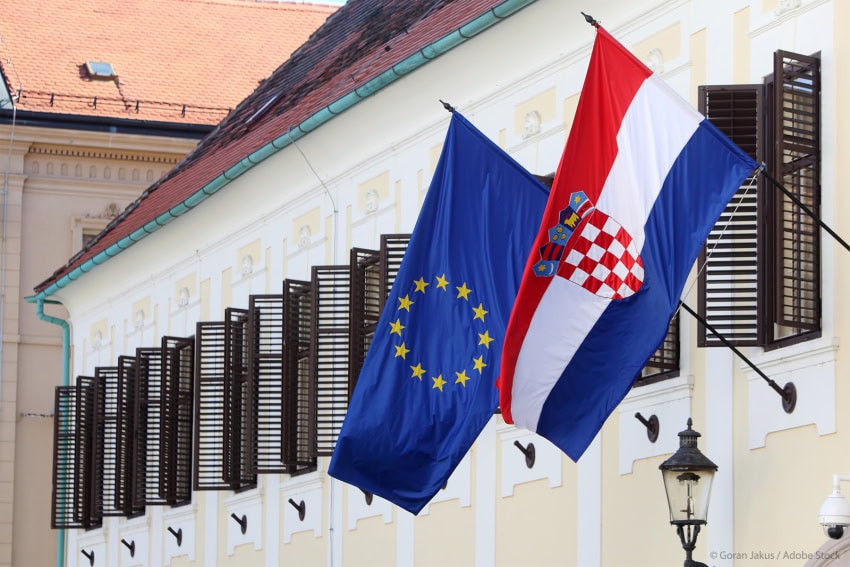ZAGREB – The border-free Schengen zone has expanded to 27 countries with the addition of Croatia from January 1st, this year.
Croatia is the latest countries to enter into the zone having 420 million people. Before the latest enroll, Norway, Switzerland, Iceland and Liechtenstein along with 22 European countries were part of the zone which offers single visa to roam around these countries.
Croatia has also ditched its own currency in favour of Euro; the country committed to joining the eurozone when it became the EU’s newest member in 2013.
European Commission President Ursula von der Leyen hailed the latest addition and currency change as ‘two immense achievements’ for the youngest member state of the EU.
Leyen said this would be a moment of joy and pride for the Croatian people and is a testimony of ‘your amazing journey, your hard work and your determination.’
What is Schengen Zone
The zone was created in 1985 and allows people and goods to travel freely, usually without showing travel or customs documents. This creates oppurtunities for tourism related revenue for the countries and offers virtually no hurdle for travelers.
The following are part of the zone along with Croatia:
Austria, Belgium, the Czech Republic, Denmark, Estonia, Finland, France, Germany, Greece, Hungary, Iceland, Italy, Latvia, Liechtenstein, Lithuania, Luxembourg, Malta, the Netherlands, Norway, Poland, Portugal, Slovakia, Slovenia, Spain, Sweden and Switzerland.
As far as the visa requirements are concerned, the Schengen zone allows nationals of certain countries to enter the Schengen Area via air, land or sea without a visa for stays of up to 90 days within a 180-day period, while determining the criteria others must meet when making similar visits to Schengen states.
Nationals of EU countries are not only visa-exempt but are legally entitled to enter and reside within each other’s borders visa free. This freedom of movement can, however, be limited in rare cases, as stipulated by EU treaties.














